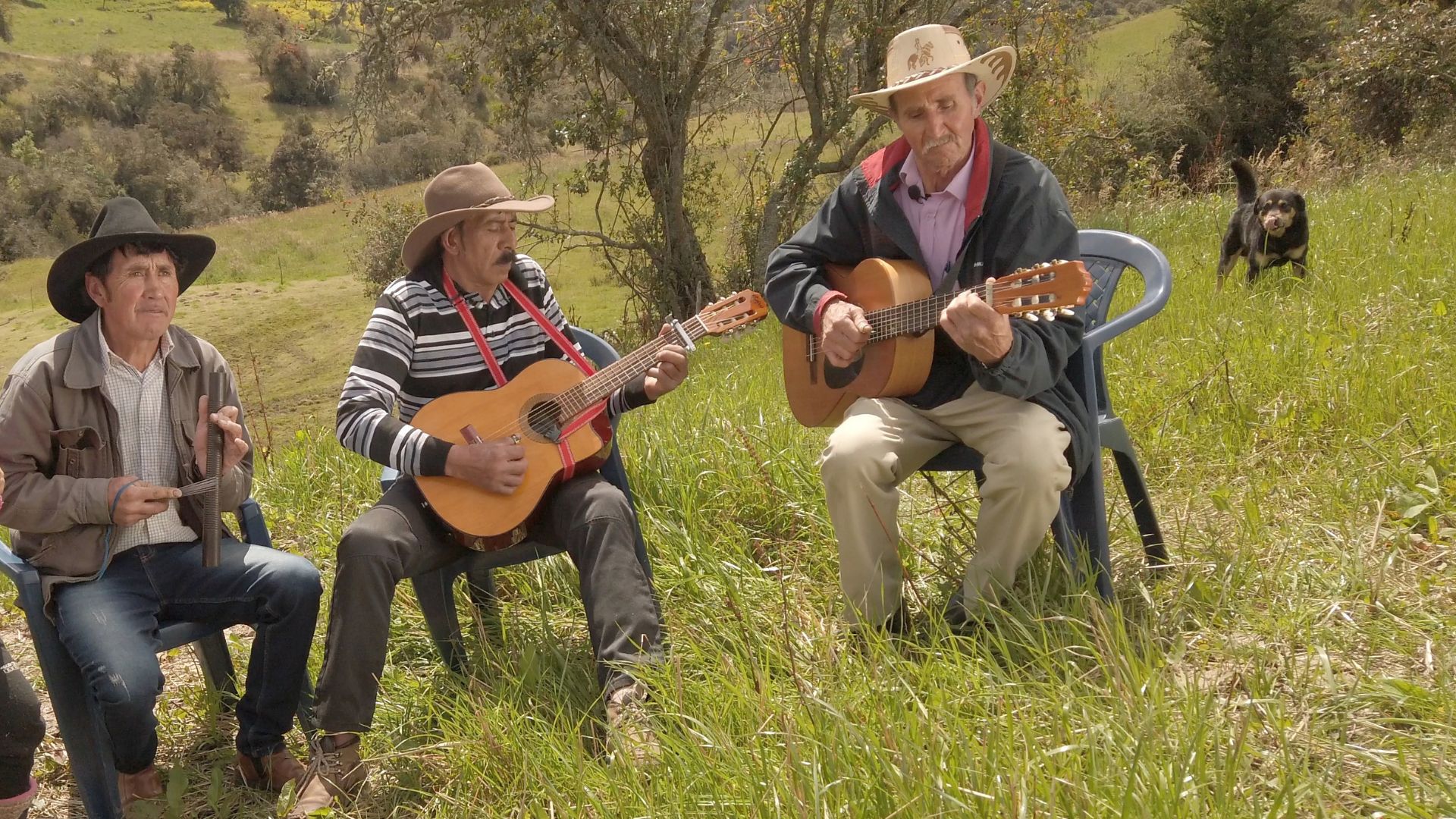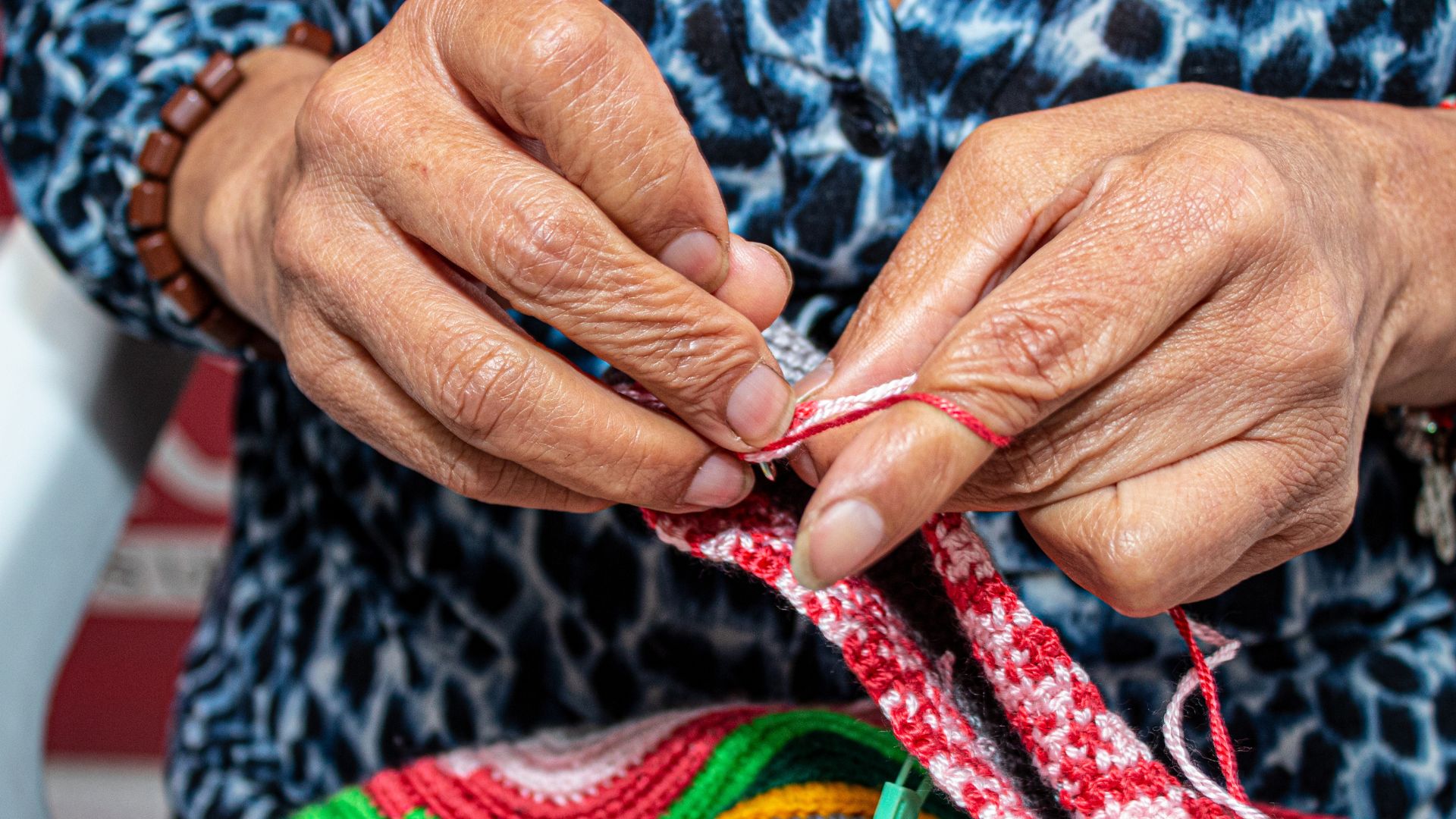
Cultures in Common is a territorial program of the Instituto Distrital de las Artes - Idartes, that seeks the visibility, recognition, promotion and appropriation of cultural rights through the strengthening of socio-cultural and community processes that use art as a mediator for social transformation in the various territories of the city of Bogotá.

Through flexible, collaborative, and replicable methodologies, Cultures in Common takes to the streets, public or private infrastructure, and other unconventional spaces within Bogotá’s localities to promote encounters among diverse groups, strengthening the relationships between citizens, artists, cultural managers, cultural and social organizations, and public and private institutions. Through artistic practices and knowledge exchange, they create a social pedagogy of cultural rights, while advancing the democratization of culture throughout the city.
From the daily work of Cultures in Common, the actions or processes of various population groups, collectives, sociocultural and artistic leaders that exist in the territories are identified, made visible, assisted and/or strengthened. It also enables the articulation and institutional concurrence through which a model of cultural management emerges from the perspective of associativity: community work networks and institutional concurrence, understood as the articulation for the guarantee of cultural rights.

The knowledge management and innovation of the Program involve recognizing and valuing the information and knowledge of communities and public institutions in order to generate intellectual and social capital to guide decision-making in the field of cultural policy.
Guiding Principles and Conceptual Foundations of the Program:
- Articulation and associativity
- Inter-action and re-cognition
- Collective construction and co-creation
- Notion of art
- Democratization of artistic and cultural offerings
- Humanistic and liberating pedagogy
- Publication: Common Cultures: Re-cognizing Cultural Rights (Culturas en Común: re-conociendo los derechos culturales)
